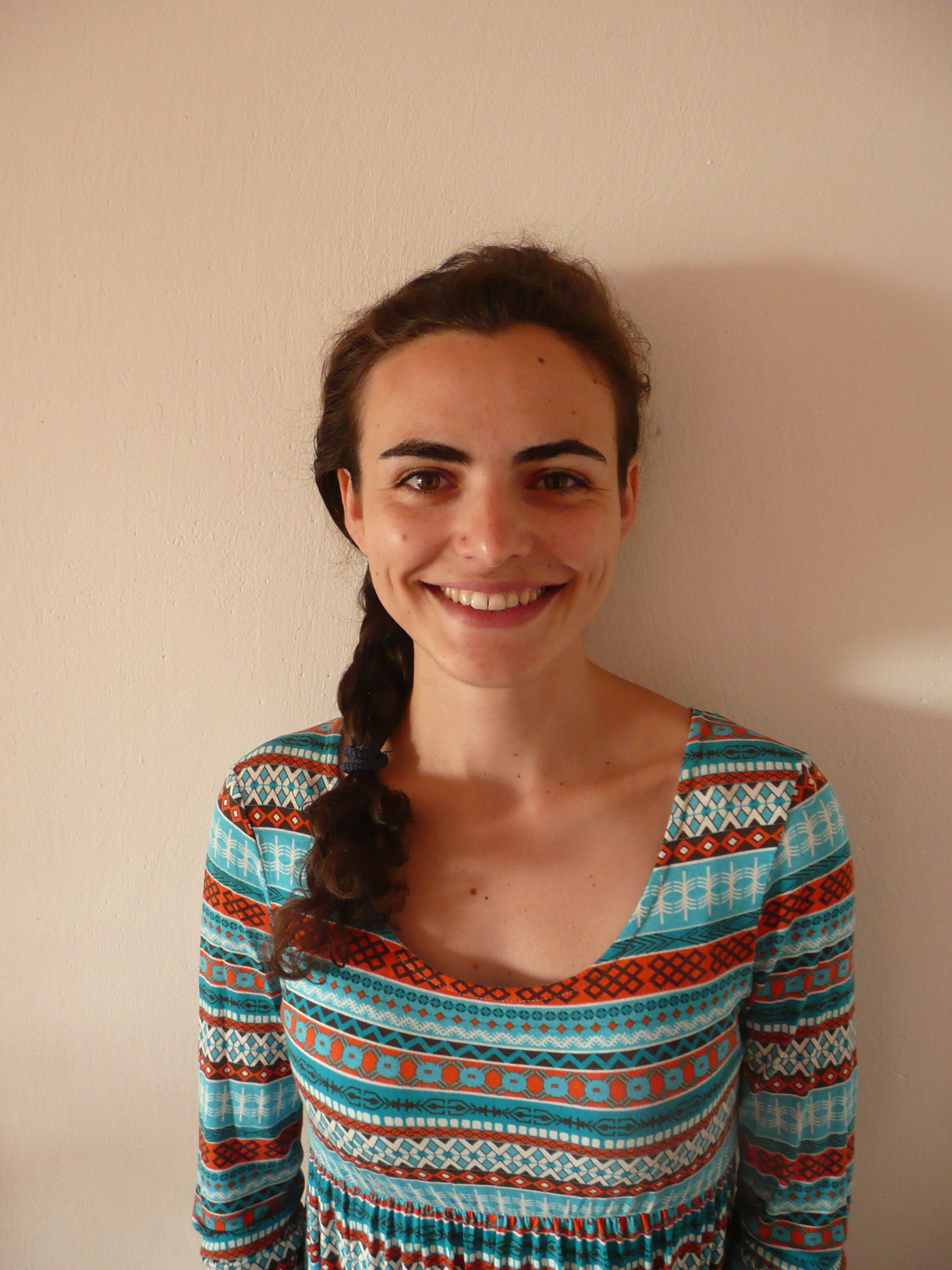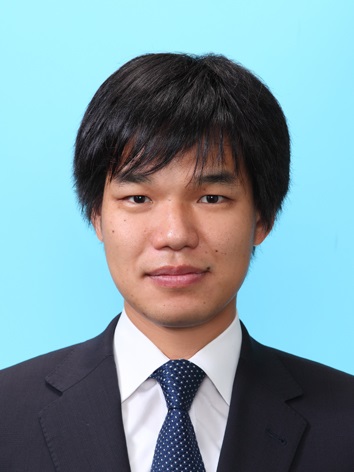
Klára Záleská is PhD student in Educational Sciences at the Masaryk University in Brno (The Czech Republic). Her poster investigates current state of immigrant children integration into Czech and Norwegian schools. The poster shows results of a research made for diploma thesis in one Czech and one Norwegian elementary school focused on immigrant children education. The research question of the thesis was: What are the main characteristics of integrating immigrant children into primary schools in The Czech Republic and Norway?
The research was undertaken as a comparative study and has shown that Norway focuses more on immigrant children education on the state and legislative level in comparison to the Czech Republic. Norway also allocates more money to immigrant education and integration. Empirical research has shown though interesting findings that all Norwegian pupils have left the school because of the amount of immigrant children support. On the other hand in the Czech school teachers were complaining about lack of support they can provide to immigrant children, but there was a good relationship between Czech and immigrant children and no tendency of Czech children to leave this school. The question is now: Where are the boundaries in immigrant educational support?
Take a look at Klára's <link file:2283 _self zaleska>poster

Mr. Kampei Hayashi is an Assistant Professor at the Shinshu University in Japan. He is an early career researcher in comparative education study.
His poster, ‘An analysis of the Global Education Policy Market –Its Rise and Impact’, explores the problematic phenomenon caused by the development of large-scale international assessments such as OECD’s PISA. He especially focuses on the changes in the dissemination process of assessment results. In the 20th century, assessments were carried out by the governments, and used sparingly by specialists on their behalf. However, nowadays, anyone can access and interpret the results; even private education companies can use the data for their business purposes. Therefore, a new market has emerged. Surprisingly, not only private firms but also governments operate in this new market.
Mr. Hayashi interviewed at four national education research institutions from the Netherlands, Germany, Australia, and Singapore. He found that the combination of making public the results of assessments or comparative studies and the market mechanism led to the emergence of the new phenomenon which he calls ‘Educational Hegemony’. For this reason, he points out that researchers need to focus more on the dissemination process of the assessments and take ethical responsibility to disseminate the results of comparative studies.
Take a look at Kampei's <link file:1432 _self ecer2015poster kampei>poster